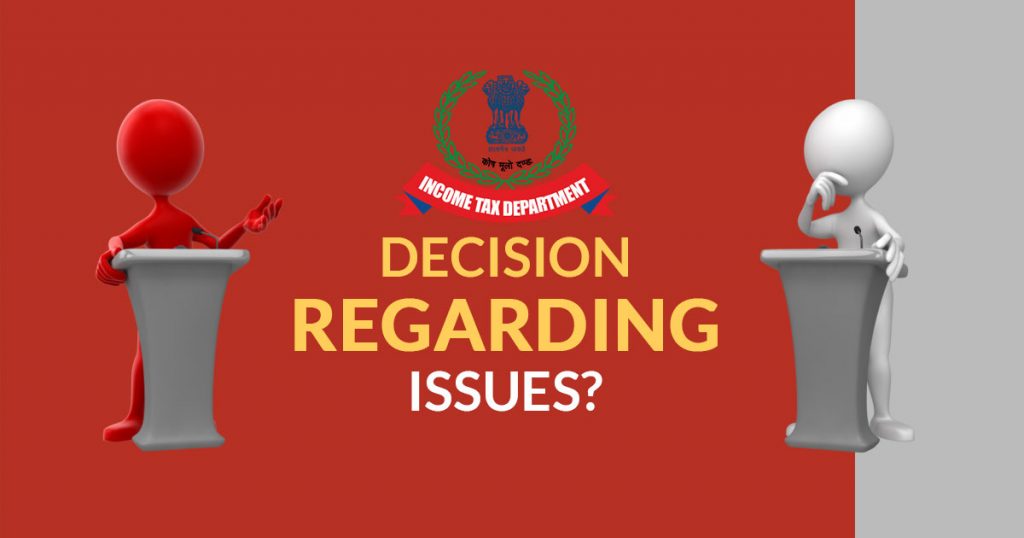
While explaining the Income Tax Appellate Tribunal’s (ITAT) controls under area 254(2) of the Income Tax Act, 1961, the Mumbai bench of the Tribunal has held that such powers can’t be invoked in cases where the decision was rendered on a debatable issue.
As indicated by the two-judge bench, the Tribunal can’t re-adjudicate such issues for the reason that a decision on a debatable issue does not form a “mistake apparent from the record” for the purpose of the said provision.
While passing an order against the assessee, the AO brought the undisclosed income under the class of concealment of income since the assessee didn’t uncover the same in the return of income tax 
The Assessee, during the redrafting procedures, contended that AO didn’t strike down the inappropriate segment in the penalty notice issued by him and therefore, the penalty was liable to be quashed in terms of binding judicial pronouncements.
On the second appeal, the Tribunal accepted the assessees contentions and erased the penalty request. Against the above Tribunal order, the department moved toward the Tribunal for amendment of its own Order wherein the bench observed that the review of the order is outside the ambit of Section 254(2) and the bench has passed a sensible order which doesn’t contain any mistake apparent from the record.
The tribunal also stated that “It is well settled that a statutory authority cannot exercise the power of review unless such power is expressly conferred. There is no express power of review conferred on the Tribunal. Lastly, Hon’ble High Court of Calcutta in CIT V/s Bhagwati Developers P. Ltd. (261 ITR 658) observed that a mistake apparent from the record must be an obvious and patent mistake and not something which could be established by a long-drawn process of reasoning on points on which there may be conceivably two opinions. A decision on a debatable point is not mistaken apparently from the record. A mistake apparent from the record is one for which no elaborate argument is required. It must be a glaring, obvious or self-evident mistake. If it is a mistake that requires to be established by the complicated process of investigation, argument or proof, it cannot be held to be a mistake apparent from the record. A debatable issue does not come with the scope of provisions of Sec. 254(2). Respectfully following the ratio of these decisions, we are of the considered opinion that the pleas urged by the revenue are beyond the scope of Sec. 254(2) and therefore, we are not inclined to accept the same. Resultantly, the application stand rejected”.









